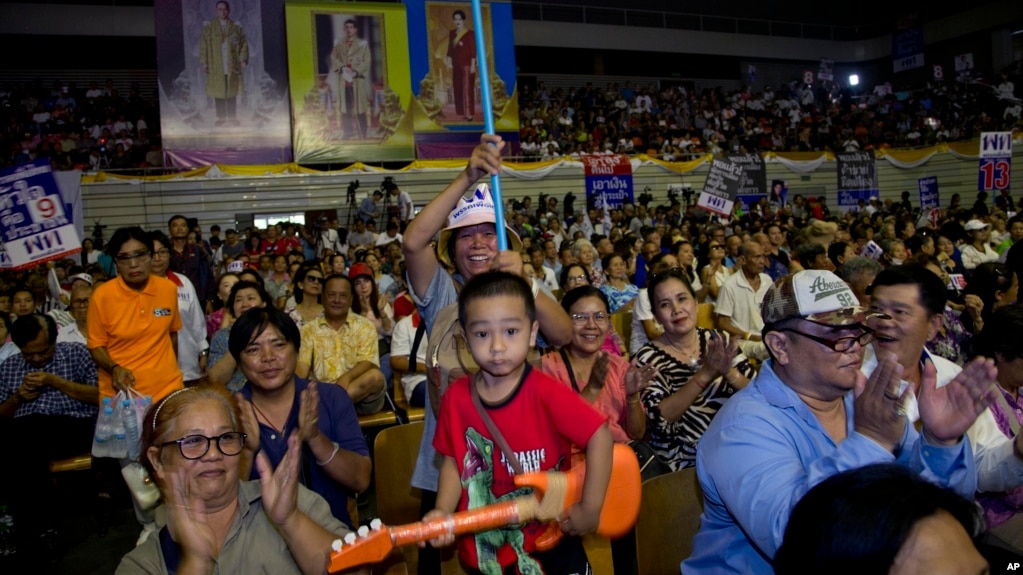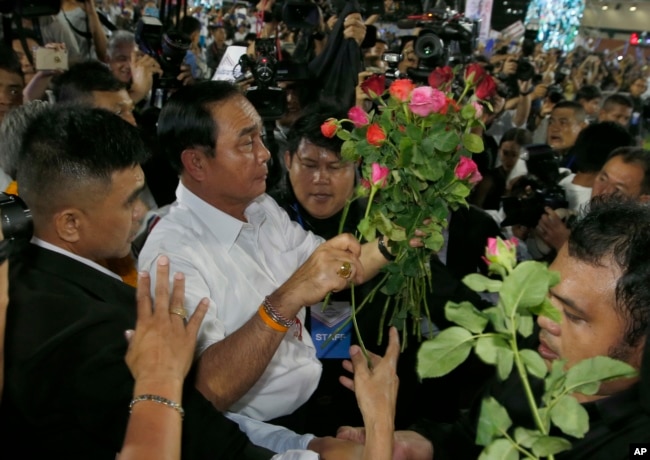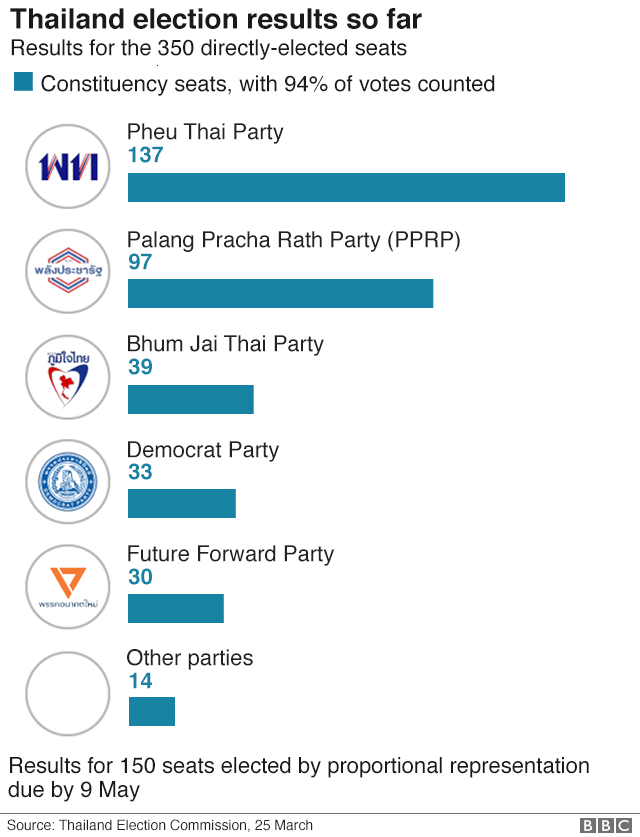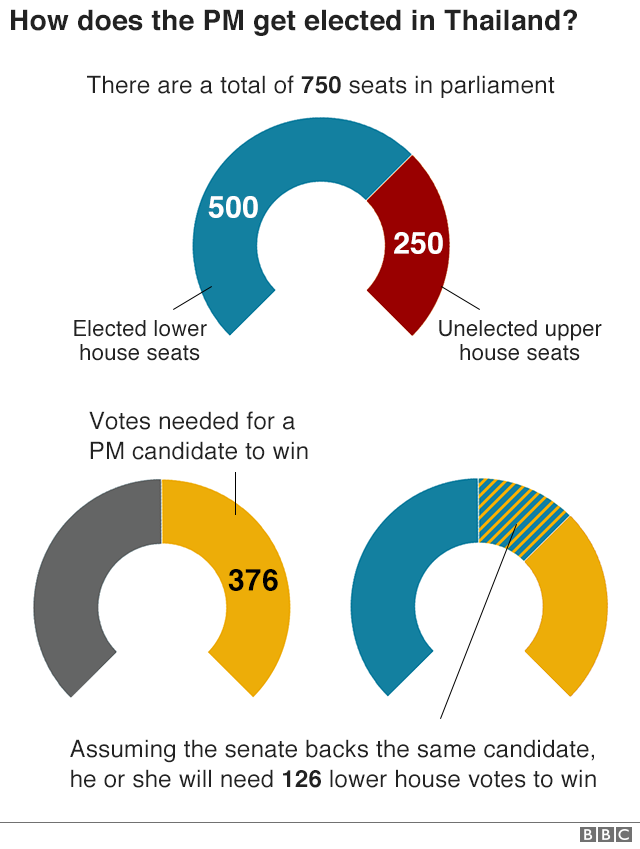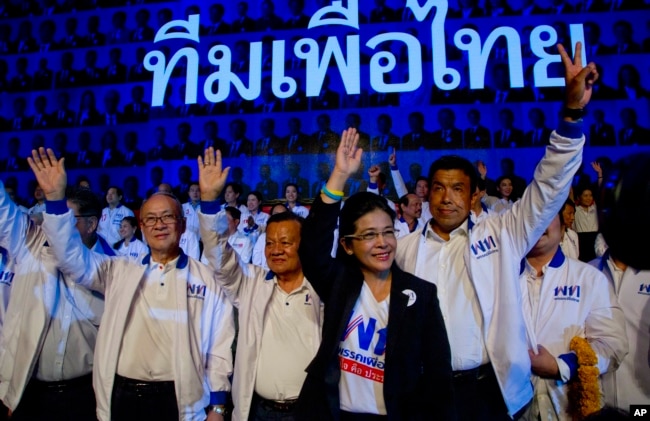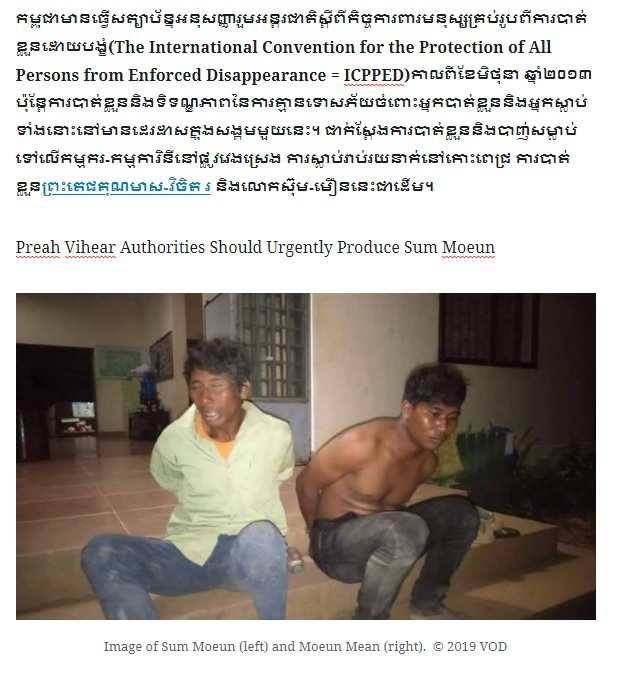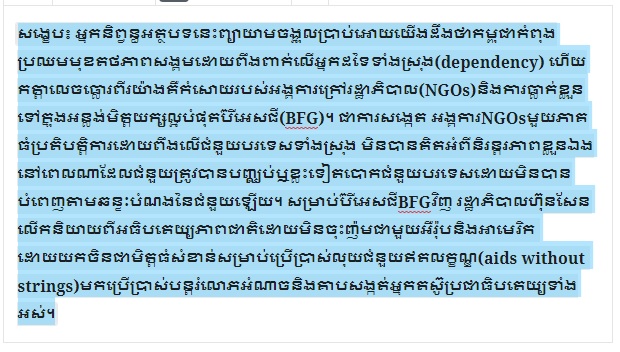Archives
now browsing by author
Japan Should Stop Acting Like China in Cambodia
Japan Should Stop Acting Like China in Cambodia
Tokyo is fighting a losing battle for Hun Sen’s support, and selling its own legacy in the democratization of Cambodia short. Published in The Diplomat
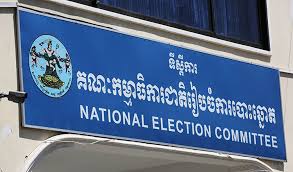
Brad Adams, Asia Director, Teppei Kasai Program Officer, Asia Division

© 2013 Reuters
In a dimly lit ballroom at a Tokyo luxury hotel, Sok Chenda Sophea, the secretary general of the Council for the Development of Cambodia and the minister attached to Prime Minister Hun Sen, persistently asked about 200 Japanese businesspeople to invest in Cambodia.
“Cambodia is not mini-China, come [visit],” Sophea said at the Cambodian Investment Forum on March 5. Sophea’s 30-minute speech mentioned everything from special economic zones to Japanese Overseas Development Assistance.
But Cambodia’s major crackdown on dissent and its ban on the main opposition party before last year’s election were not on his agenda. When questioned by Human Rights Watch about whether the Cambodian government has concrete strategies to ensure rights protections for the Cambodian people amid a growing number of foreign investments and development projects, Sophea dodged the question.
“I’m sorry to say, but we’re in a business seminar,” Sophea said, apparently not concerned that illegal land confiscation for business projects and the abuse of workers are among the country’s biggest rights problems.
Japan has been important to Cambodia, for decades its largest aid donor and one of its largest foreign investors. Now, with China surpassing Japan in both areas, the Japanese government appears willing to throw its principles out the window to compete with China for Hun Sen’s affections.
Given Hun Sen’s dictatorial and violent record, this is a contest that Japan can’t – and shouldn’t want to — win.
Despite Sophea’s denials, in recent years, Hun Sen, who has held power for 34 years, and Chinese President Xi Jinping have been inseparable. They kicked off 2019 by striking a deal involving what Hun Sen described as a Chinese grant of nearly $600 million and a pledge to import 400,000 tons of Cambodian rice. The two agreed on a target of $10 billion in bilateral trade by 2023.
The deal was topped off by smaller investments and loans, including an agreement from China to provide a bodyguard compound for Cambodia’s Council of Ministers. This is very worrisome, given that Hun Sen’s bodyguard unit has long been responsible for bloody attacks on the prime minister’s critics, including an infamous 1997 grenade attack on a political demonstration by the then-leader of the opposition, Sam Rainsy.
For Xi Jinping and Hun Sen, it was business as usual. Since the 1998 demise of the Khmer Rouge, which China helped propel to power, leading to the deaths of as many as 2 million Cambodians, China has poured billions of dollars into Cambodia in loans, aid, and investments. By 2010, China became Cambodia’s largest foreign donor, though much of its aid is in loans that Cambodia may never be able to repay. In 2018, China accounted for nearly half of Cambodia’s $6 billion foreign debt.
Presiding over a one-party state at home, the Chinese government doesn’t have to consider public opinion when supporting dictatorships or account for the expenditure of its funds. It can bribe officials with impunity. Things are different in Japan.
This has left Japan in a bind. Despite the worsening climate for human rights in Cambodia, Japan still shies away from open and clear criticism, while continuing to provide large amounts of aid and staging high-level visits, all to charm the deeply unpopular Hun Sen.
But Japan is fighting a losing battle for Hun Sen’s support. Japan can’t outspend China or deliver sweetheart contracts to Cambodia, yet its overt and clumsy attempts to ingratiate itself have led to a backlash among Cambodian activists, who see Tokyo selling out democracy and human rights to maintain a friendship with a dictator. Activists see this “values free” Japanese diplomacy contributing to the seemingly irreversible decline of democratic values in Cambodia.
That became increasingly apparent in the lead-up to the July 2018 Cambodian national elections. Fearing defeat, the government dissolved the opposition Cambodia National Rescue Party (CNRP), kicked out its members of parliament, and imposed a five-year political ban on 118 of its senior members. Hun Sen also cracked down on independent media outlets, journalists, and independent organizations promoting the rule of law, democracy, and human rights.
Read More …











